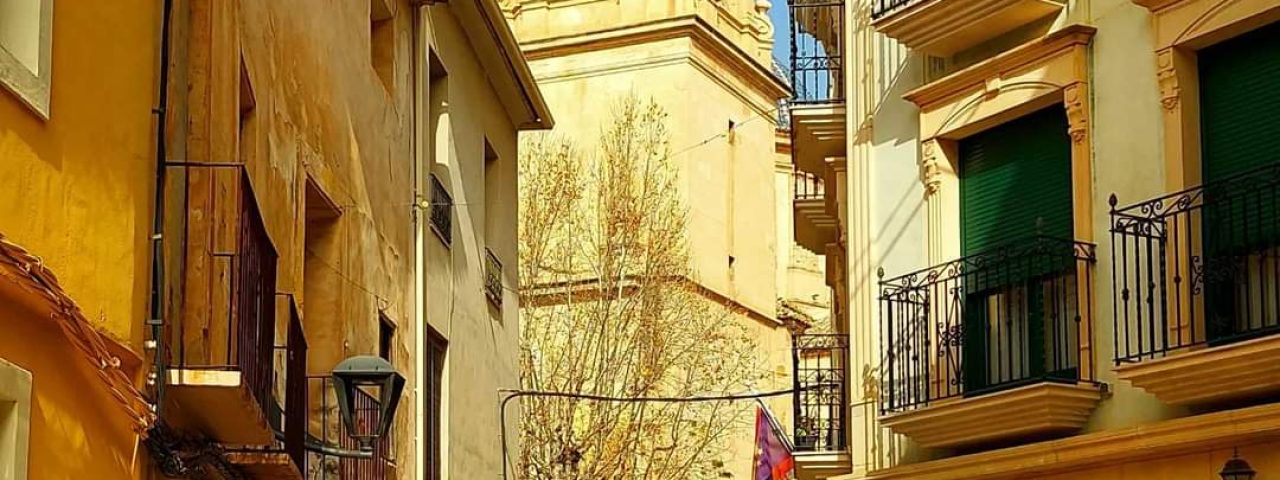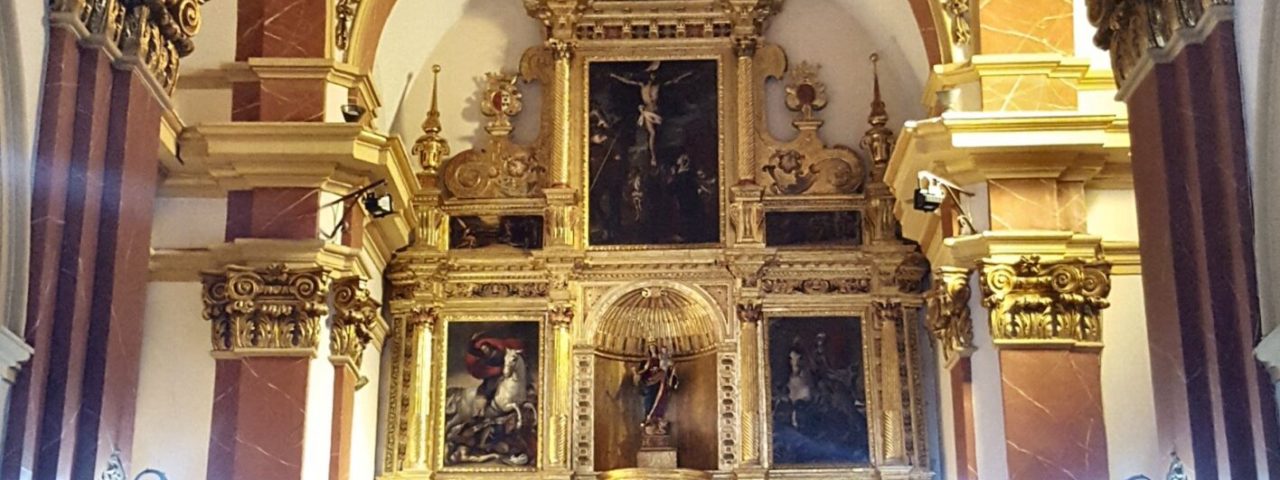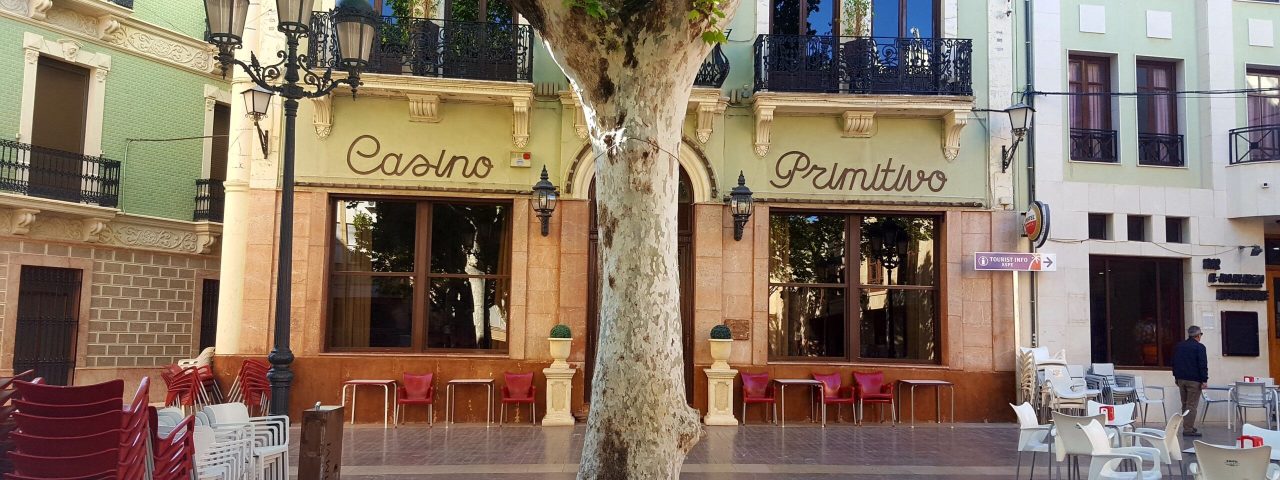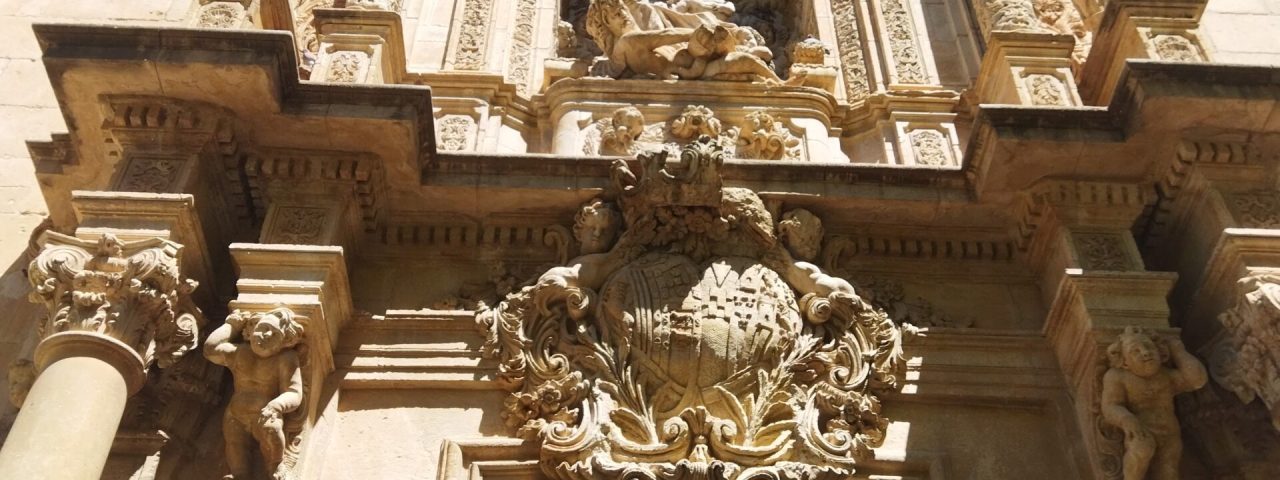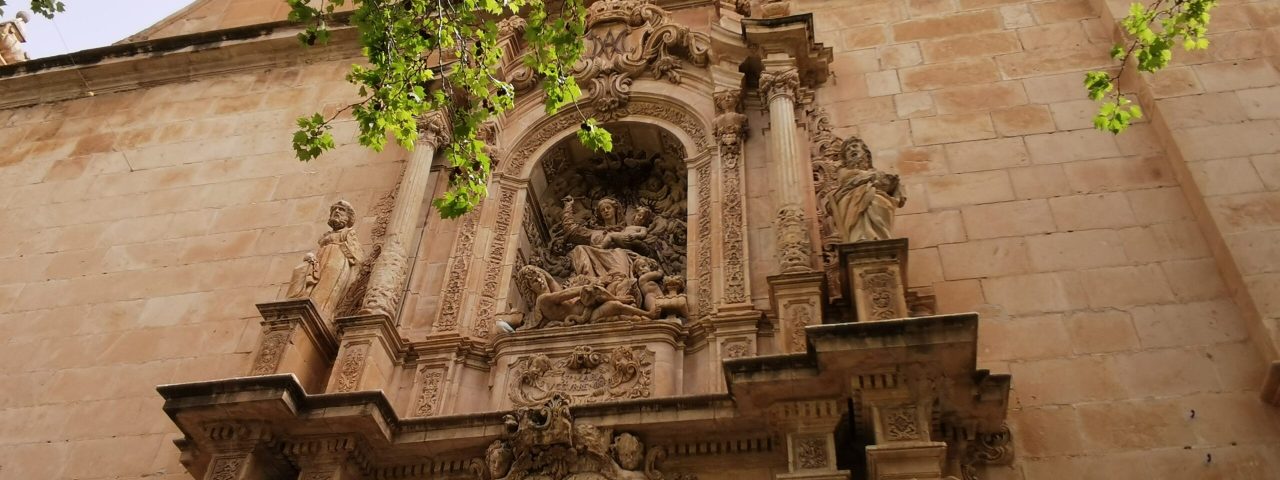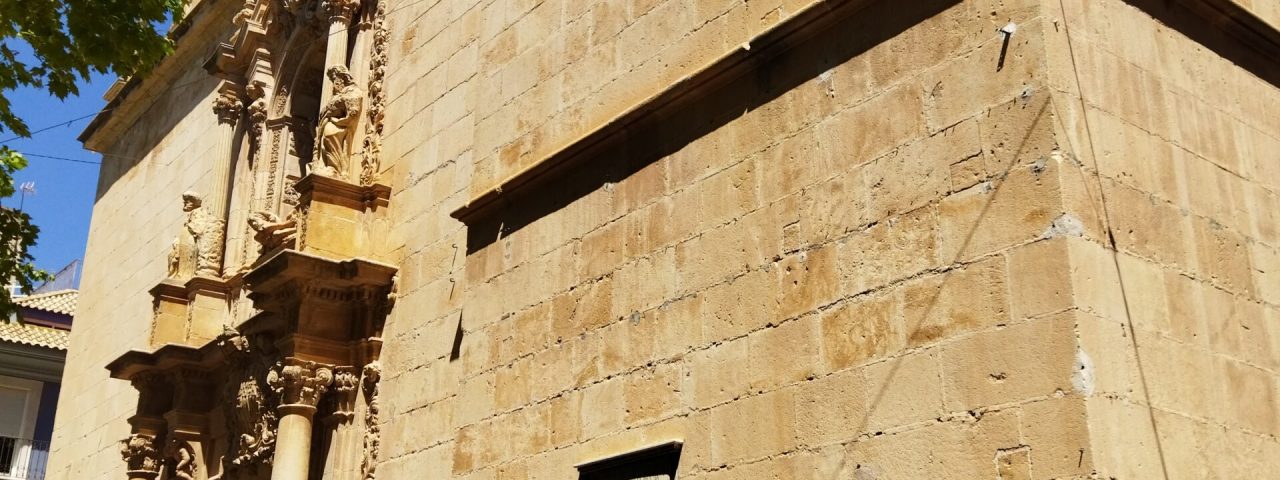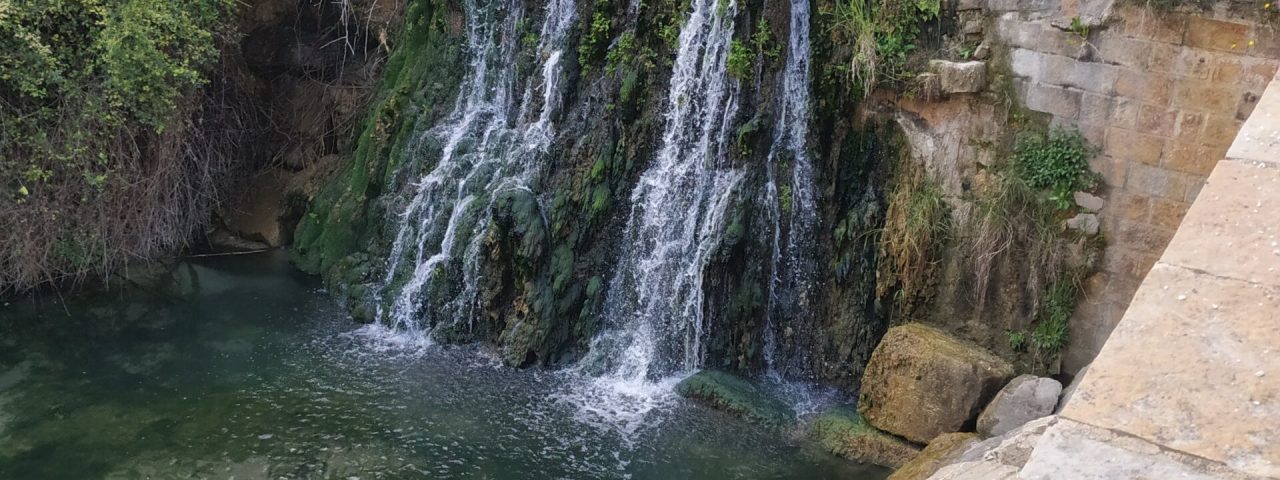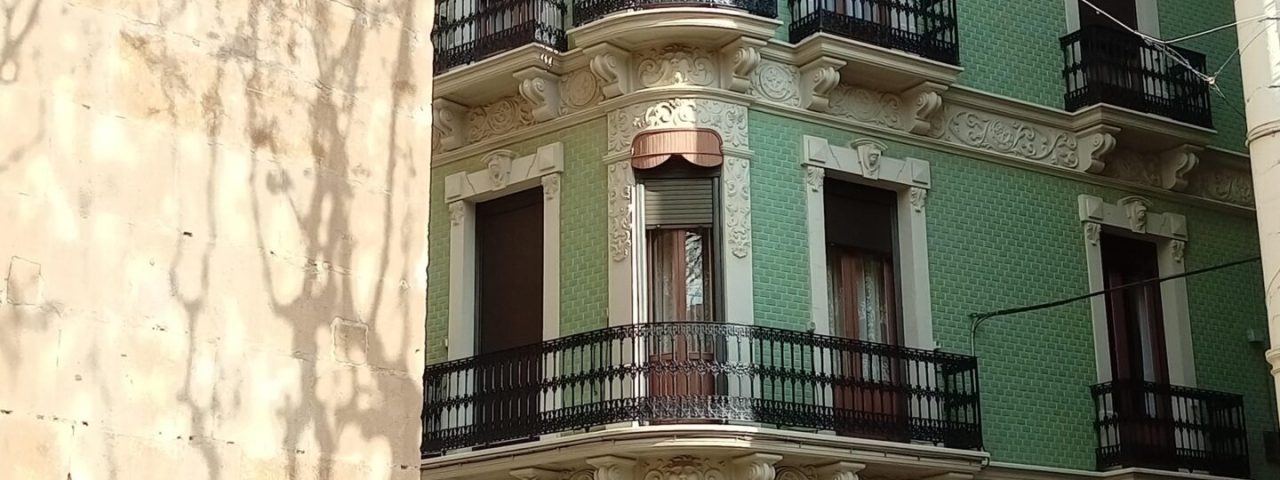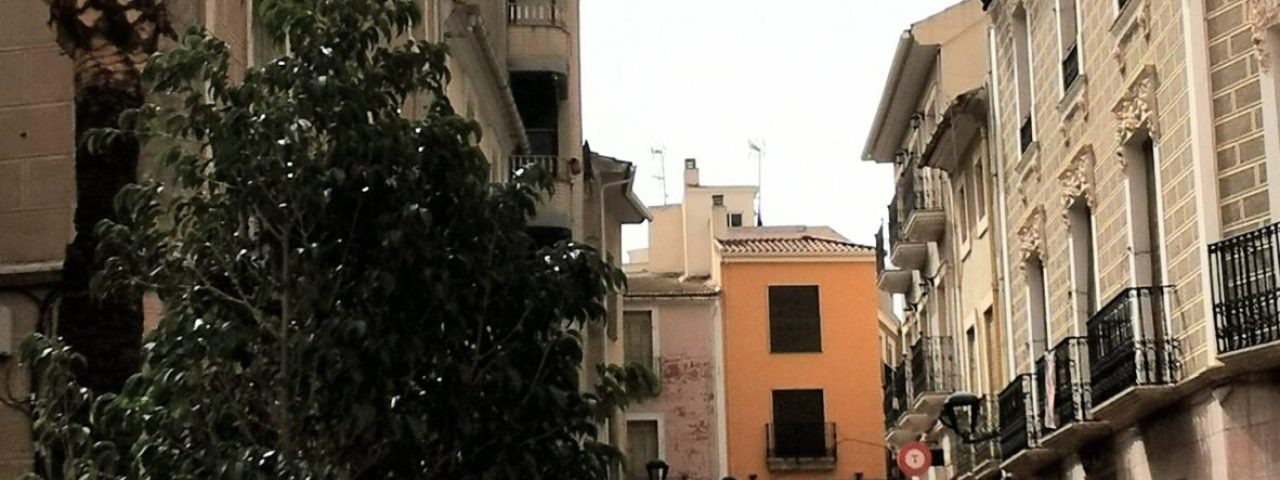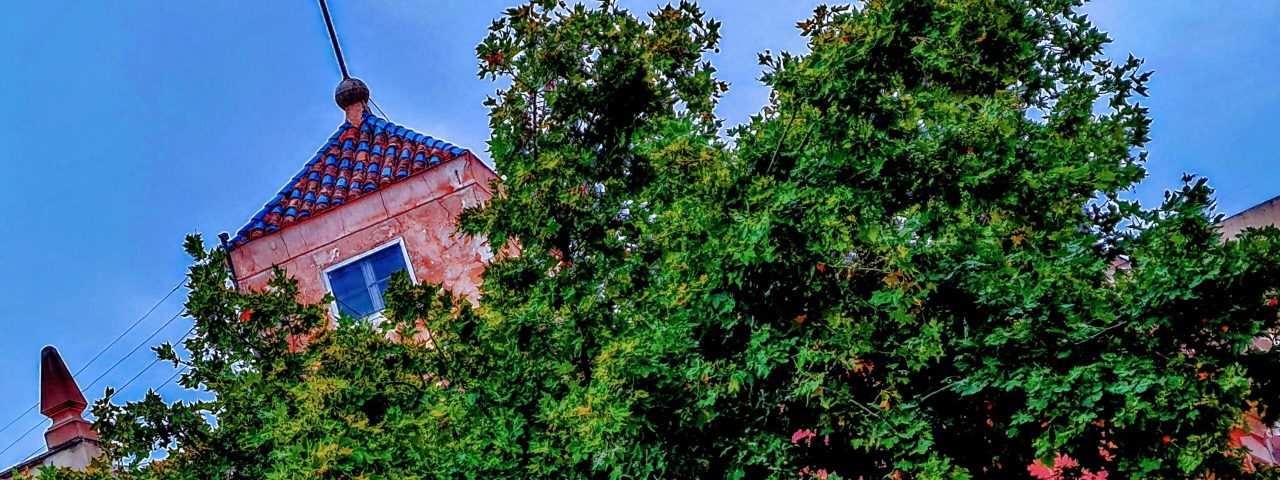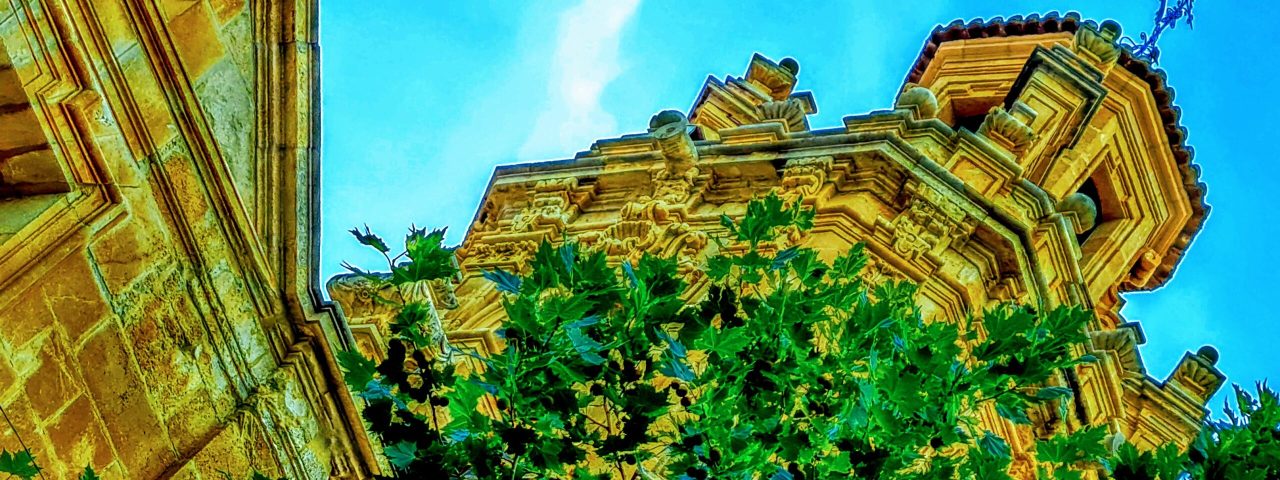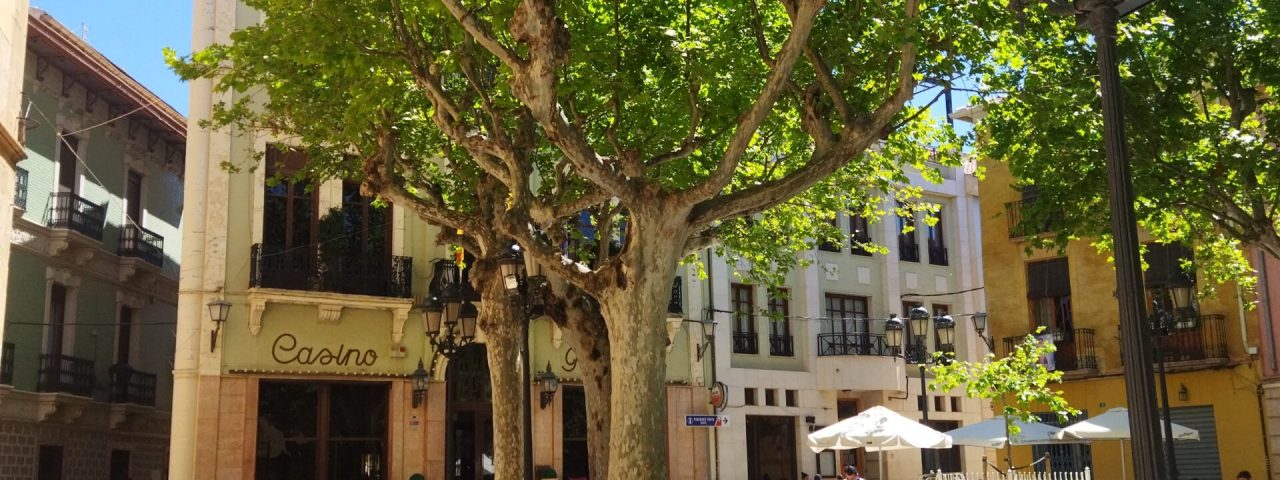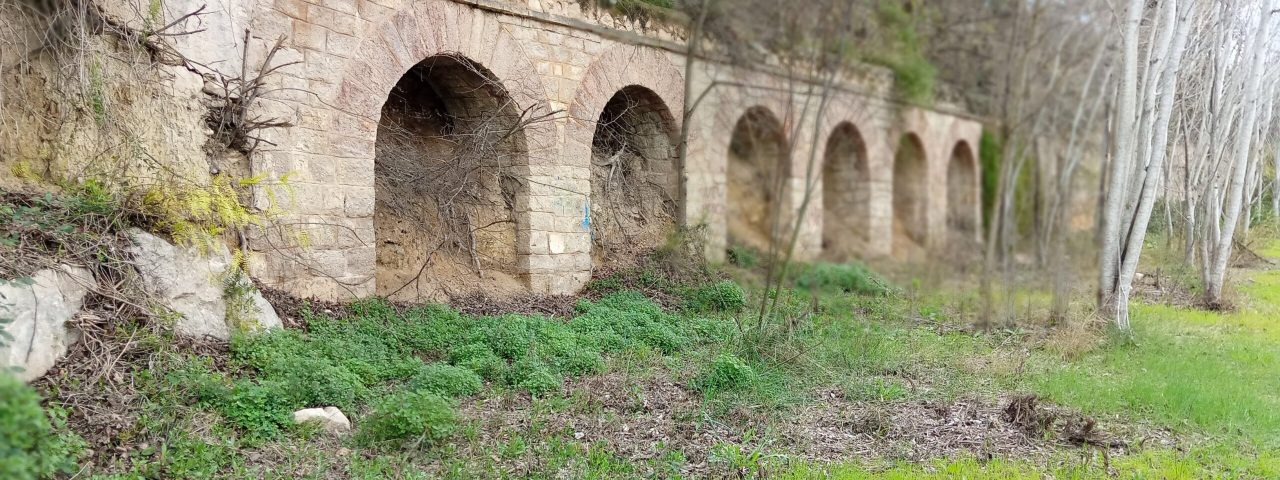Aspe has a deep-rooted history that dates back to ancient times, with influences from Roman, Moorish, and Christian cultures, reflecting its strategic location in the Iberian Peninsula. During the Moorish period, Aspe flourished as an agricultural hub, with sophisticated irrigation systems that remain a legacy of that era. The Christian reconquest brought significant changes to the city, including the construction of churches and monuments that can still be seen today.
The city is known for its rich cultural traditions, particularly its religious festivals. One of the most significant is the Virgen de las Nieves festival, held every two years in August. This event includes processions, parades, and concerts, attracting visitors from across the region. The Semana Santa (Holy Week) celebrations are also a major draw, with stunning religious processions that wind through the city’s streets.
Aspe’s local customs, such as the crafting of traditional handicrafts and the production of local wine, are also part of its cultural identity. The city’s historical landmarks, like the Basilica of Nuestra Señora del Socorro, offer a glimpse into the architectural and cultural heritage that defines this vibrant city.
